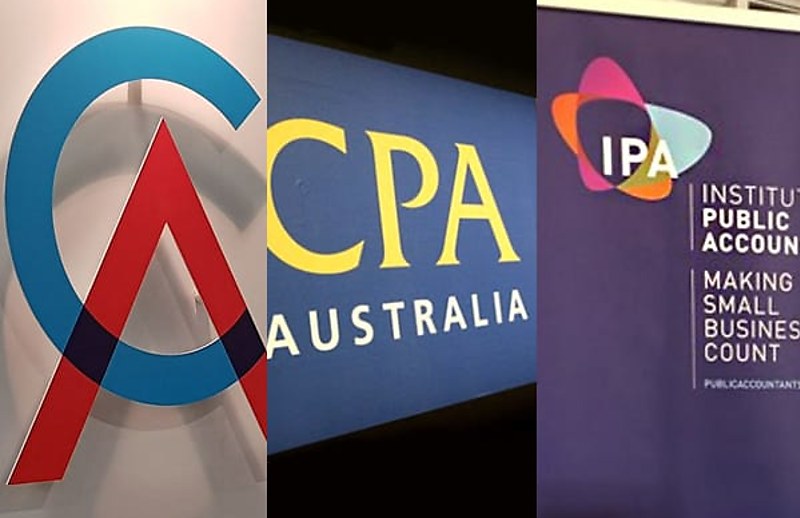Yearly grilling of accounting bodies needed, inquiry says
RegulationThe inquiry’s final report calls for CA ANZ, CPA Australia and IPA to report annually to Parliament to ensure consulting integrity.

CA ANZ, CPA Australia and IPA should front a parliamentary committee for a yearly grilling over their ability to regulate the accounting profession, the Senate inquiry into consulting says.
The inquiry’s long-awaited final report, published on Wednesday, pushed for the increased oversight of accounting bodies along with 11 other recommendations to crack down on the big four and their contracts with Canberra.
The report said the inquiry, which featured 10 public hearings and 61 submissions over a year, raised concerns over the application of professional standards by accounting bodies.
“The committee considers that for the [Australian Public Service] to be assured of the integrity of the consulting services that it procures, improved oversight and regulation of bodies like CA ANZ, CPA Australia, and the IPA is required,” it said, given some accounting body members are both accountants and consultants.
The report recommended accounting bodies appear before the Joint Standing Committee on Corporations and Financial Services every year to report on the operation of professional standards they enforce and to allow parliament to “interrogate” their reports.
“The committee is of the view that organisations … should report on an annual basis to the Parliament which provides the imprimatur for the standards with the opportunity for parliament to interrogate those annual reports,” the report said.
“It is appropriate that there is a level of scrutiny as to how those self-regulatory structures and standards are managed and applied.”
CA ANZ said it valued the role it played in upholding the integrity of the accounting profession and would not “shy away” from the increased scrutiny.
However, CEO Ainslie Van Onselen said the government should not mistake the body for a “front-line regulator”.
“There is a misconception that CA ANZ is a front-line regulator in Australia. We are not. We are a private membership body. We are not a government regulator. Nor are we a court of law,” she said.
“We need to ensure we have well-funded regulators including ASIC and ensure the right bodies are answering to authorities with appropriate knowledge and expertise.”
CPA Australia noted it already detailed its regulatory activities publicly on its website and reported to regulators like the Professional Standards Council and Financial Reporting Council.
“CPA Australia is happy to work with government to improve the oversight of the sector, however improving oversight of professional accounting organisations means that consulting firms outside of the profession are not subject to any oversight,” Ram Subramanian, interim head of policy and advocacy, said.
Other recommendations from the committee’s report included a central register for breaches of conflict of interest, the creation of a new parliamentary committee to approve consulting contracts worth over $15 million, a code of conduct for consultants and a law review of big four firms’ partnership structure.
The Greens, in their separately tabled report titled A Very Public Swindle, pushed for stronger reforms, claiming “self-regulation and voluntary self-discipline have failed”.
“The age of self-regulation through multiple bodies dominated by those with an interest in the industry must now end. The long history of failures and scandals both in Australia and abroad have made it clear that big firms cannot be trusted to abide by voluntary rules,” it said.
The Greens recommended an independent regulator for the consulting industry with beefed-up investigation powers and penalties for breaches equivalent to US accounting regulator Public Company Accounting Oversight Board (PCAOB).
In April, the PCAOB issued a record $38 million fine to KPMG over its exam cheating scandal. The maximum fine available to CA ANZ is $250,000.




